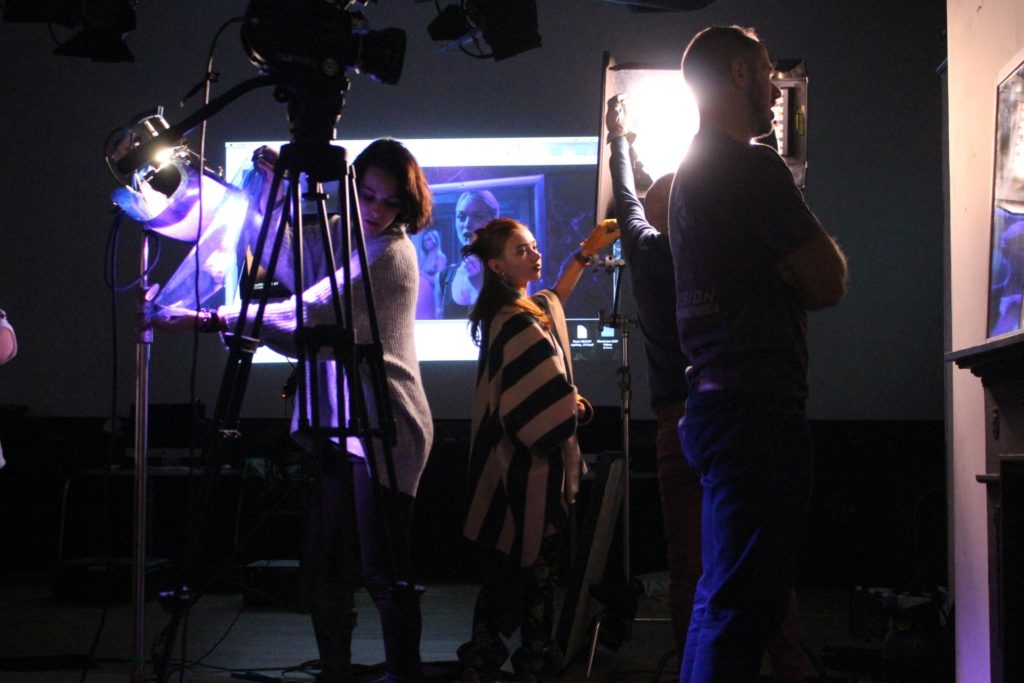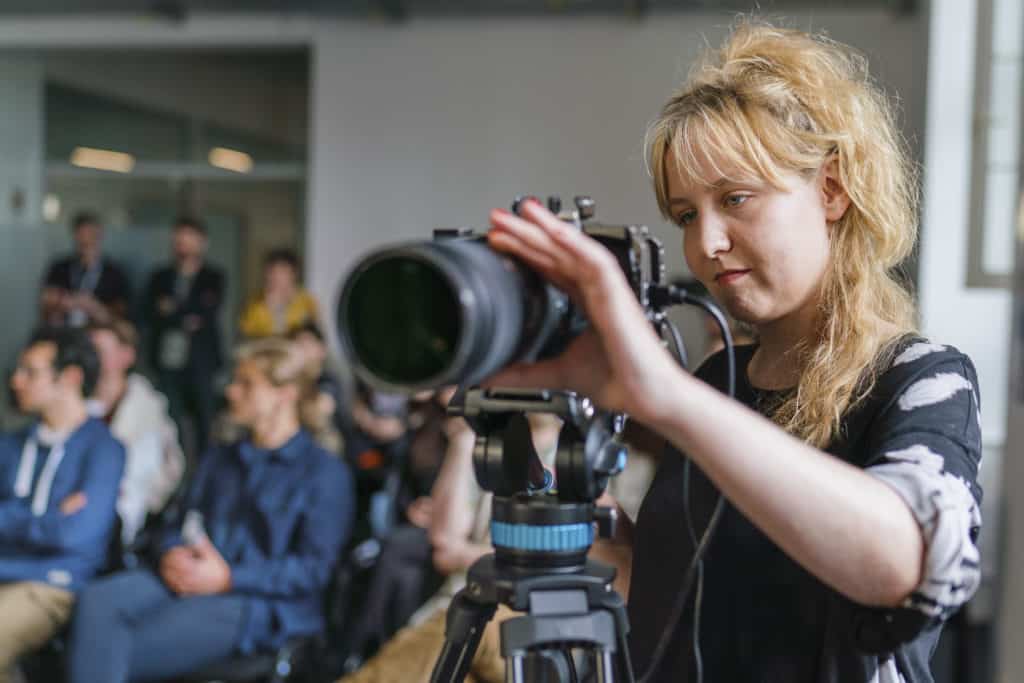Certificate of Higher Education Screen and Film
Note: this course will be offered from September 2026
This practical, one-year course provides a unique opportunity to experience life in one of the most exciting cities in Europe, while also honing your skills as a filmmaker. Whether your interests lie in production design, directing or editing, you’ll have the chance to build your bespoke portfolio while immersing yourself in the Creative Capital of Berlin.
Berlin is a place where creatives, especially filmmakers, can thrive. In fact, the city played a large part in the development of one of the most important cinematic aesthetics of the 20th century: German Expressionism. Today, there are many platforms from which aspiring filmmakers can present their cinematic creations, as well as an abundance of cinemas and film festivals.



As a student at BIMM University, you’ll have access to state-of-the-art facilities, exclusive networking opportunities, and excellent teaching by industry professionals. Our Berlin campus is home not only to filmmakers, but also to musicians, actors and video games developers; and during your course, you’ll get the chance to engage in collaborative art projects that transcend disciplinary boundaries.
Our CertHE courses take a project-based learning approach, focusing on practical application. Your teaching may therefore include technical camera and lighting workshops, location scouting, production meetings and more.
In this whirlwind year of creativity, you’ll develop a core filmmaking skillset, and you’ll undertake a variety of production roles in order to establish and enhance your specialism. This practical experience will encourage you to develop valuable logistical and organisational skills and give you first-hand knowledge of the relationship between the technical and creative aspects of film production.
The course has a strong vocational element, but we’ll also dive into some film theory to give your practice a solid foundation, with an emphasis on global contemporary filmmaking trends. Plus, you’ll learn established techniques for evaluating the quality of film and media, and you’ll examine ethical issues that may arise during the filmmaking process.
As you sharpen your filmmaking skills, you’ll build your creative portfolio. This will be informed by the ‘Studio Project’ module, which is designed to immerse students in real-world working practices. Our aim is to set you up with the skills, resources and network that you need to succeed in the film industry.
So, if you’re ready to create art, and to make friends and memories that will last a lifetime, then join us in Berlin and let your creativity soar.
Course Specification
Mode of attendance: Full-time
Length of course: 1 year
Awarding institution: BIMM University (UK)
Campus delivery: Berlin
Language of study: English
Credits: 60 ECTS/ 120 FHEQ (UK)
Final award: Cert HE Screen and Film (Filmmaking)
The CertHE course is only available to students who do not require a visa to study in Germany.
Minimum Requirements
All applicants must successfully complete an entrance interview with BIMM University Berlin (details provided on application).
Academic entry criteria meeting a minimum of 64 UCAS points, equivalent to:
- General Higher Education entrance certificate (Award of Zeugnis der Allgemeinen Hochschulreife/ Abitur, or a Fachgebundene Hochschulreife/ Fachhochschulreife) with an overall average grade of 3.0, including a minimum grade of 10 on the English component (Leistungsfach) on the Abiturprüfung.
- 2 A-levels at Grade C or above, or BTEC Level 3 equivalent, and at least three GCSEs at a minimum grade C/4, including English Language.
- Please reference the Entry Requirements webpage for additional international qualification equivalencies. For applicants with significant prior professional experience and aged 19-years or older, offers may be made under the BIMM University Recognition of Prior Practice Policy.
- Proof of English Language proficiency is required if English is not your first language. BIMM University Berlin requires equivalent to Level B2 CEFR (Common European Framework of Reference for Languages).
Course Fees
We’re dedicated to giving our students the best education possible – which means accessing our globally successful first-rate lecturers in premium locations at the heart of Germany’s creative scene.
Such cutting-edge facilities can be expensive, but we make sure all BIMM University Berlin courses are great value for money – representing a practical and affordable investment for your future career in the industry.
Year 1
All students take the following core modules.
The module aims to introduce you to the fundamental roles that camera, lighting and sound play in the film production process. The relationship between these different filmmaking departments are the basis for all film production and this module aims to embed these practical, logistical and creative skills at an introductory level in order for you to gain a good understanding and grounding in these skills.
This module also aims to introduce the importance that collaboration and communication skills play on set within the process of filmmaking, and how these technical and production roles work together in order to realise professional standard film content.
For those who wish to specialise in the camera, lighting or sound departments at Level 5, this module will provide a foundation of core skills on which to build future practice. For students who do not specialise at Level 5, this module will impart knowledge and skills (both specialist and transferrable) which will enhance their chosen specialism/s. The aim is to make all students better visual storytellers, communicators, and improve the standard of film processes and output.
The module aims to introduce the student to this exciting specialism and in doing so, broaden understanding of production design and the relationship between different filmmaking departments. This module aims to develop storytelling ability, visual literacy and enhance the research, planning and execution of filmmaking. Through the teaching of art department skills and processes, the module aims to enhance collaboration and raise the standard of film output. The module also aims to develop creative thinking and problem-solving ability, encourage critical reflection and raise presentation standards.
For students who wish to specialise at Level 5, this module will provide a foundation of core skills on which to build future practice. For students who do not specialise at Level 5, this module will impart knowledge and skills (both specialist and transferrable) which will enhance their chosen specialism/s. The aim is to make all students better visual storytellers, communicators, and improve the standard of film processes and output.
This module aims to introduce the student to script to screen process of the film industry and build their knowledge of industry protagonists, companies and organisations and to understand films in terms of their financial and commercial context.
For those who wish to specialise in the producer roles at Level 5, this module will provide a foundation of core skills on which to build future practice. For students who do not specialise at Level 5, this module will impart knowledge and skills (both specialist and transferrable) which will enhance their chosen specialism/s. The aim is to help all students understand the bigger picture of filmmaking beyond ‘the shoot’ and to develop an awareness of the different contexts of film production that are available to them as future employees or freelancers.
This module aims to de-mystify the industry and to empower all students with an understanding of how the money flows, how profits are made and how they can play a part in this. This module also aims to introduce to the importance of research, analysis of information and presentation of data that will support future assessments throughout their three years on the course.
The module aims to introduce you to the post-production process and the vital role that editing plays within the filmmaking process. Understanding and developing your editing skills is vital to comprehend the building blocks of film narrative structure and visual storytelling. Developing your structuring and editing skills will be an ongoing process and will be refined throughout your time at the Screen and Film School and will be an area of the filmmaking process that you continually develop throughout your time on the course.
For those who wish to specialise in Post-Production at Level 5, this module will provide a foundation of core skills on which to build future practice. For those who do not choose this specialisation at Level 5, this module will impart knowledge and skills (both specialist and transferrable) which will enhance your chosen specialism/s. The aim is to make all students better visual storytellers, communicators, and improve the standard of film processes and output.
This module will provide you with a chance to apply skills developed in Semester 1 realised in the production of a collaborative short film and will develop your critical understanding and advance your filmmaking practice in the craft and production of a short-form film. You will have a chance to utilise and develop your production and technical skills within the collaborative production process and gain understanding of the production cycle in greater depth, from idea development through to the completed edit. This module will also develop your understanding of key production processes in these genres in relation to their production specialism, including idea development, pre-production, production and post-production, collaborative working and the visual realisation of ideas. The outcome can be realised in the following genres; factual & documentary, fictional narrative, short form branded content or advertising, music video or innovative or experimental moving image.
The module aims to utilise the creative, technical and logistical production skills that you have learnt in Camera, Lighting and Sound, Production Design and Post-Production modules and utilise these skills within the collaborative production of a short-filmed outcome. The filmed outcome can be realised in the following genres; factual & documentary, fictional narrative, short form branded content or advertising, music video or innovative or experimental moving image. This module aims to develop your storytelling ability and visual literacy and enhance idea development, pre-production, planning and execution of filmmaking. Through your taking on of a specialist role (director, camera, lighting, production designer and editor) you will realise within your small groups a collaboratively produced short-filmed outcome that will have been devised and realised by your production team.
Full module description to be confirmed
Any questions?
For any questions regarding our courses or if you’d like more information on how to apply to BIMM University Berlin, please contact our Admissions Team on +49 (0)30 311 99 186 or email admissions@bimm-institute.de.











